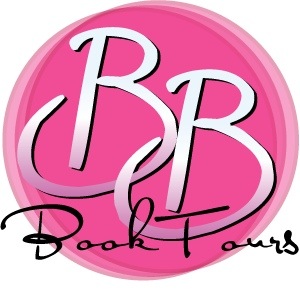
It is foretold there will be the One to change the world, to right the wrongs and bring harmony to all. Tell me this: of what character do I speak, Harry, Perry or Art? I’ll save the answer for the end.
I just wanted to use the ‘chosen one’ question to introduce the thought of the use, reuse and abuse of tropes. All too often I hear critics and consumer complain about a lack of originality. This often comes up when my son and I discuss movies, books or TV shows. I usually wind up saying “there’s nothing new under the sun”.
I’ve come to the realization there’s a lot of truth in that old quote. Everything from the matter we’re made of to the stories we tell are all just variations on themes as old as human-kind. Since before the time of cave drawings, stories told to entertain or to preserve knowledge had to travel well. To do so, they often had common storylines. They might get changed to suit the location, tribe or situation but, they were essentially the same. Preserving the stories in more resilient media hasn’t changed that a bit.
I started really thinking about this when I heard people comparing the Harry Potter books to the Wizard of Earthsea books. I did my own amateur comparison with the first book of each series. I won’t say they are completely different. Both have young male wizards and both have older wizards teaching wizards at a wizard schools. Beyond that, the comparisons start to strain. I believe that’s what you should expect with a good trope. Somebody writes about lovers separated by family or cultural differences and a few millennia later you have Westside Story and eventually Twilight
To me, it’s not the source of the inspiration or who the first to use a story line was. The real test is, how well did you tell the story and how did you make it interesting. To paraphrase Howard Roark in Ayn Rand’s Fountainhead, if you’re going to do a copy of Romeo and Juliet at least do a good copy of Romeo and Juliet.
So, now I’ll answer the question: who was the chosen one: Harry (Harry Potter), Perry (Pericles) or Art (King Arthur Pendragon)? The answer is all of the above. Who was first? That is both obvious and irrelevant. They’re all good stories and that is what does matter.
Where do you draw the line between inspiration and plagiarism? I'd love to hear from you so, please leave your thoughts and opinions on this so in the comments!
Soapboxing is our platform for talking about books and book-related topics that matter to us. Soapboxing posts may be rants, they may highlight awesome or terrifying trends, or they might tackle bookish issues on our minds…
The content will vary but the posts will (hopefully) never be boring!













I think that while the basic idea might not be original, the way it's used or the spin on it can be original. And I think that's what most important for me when I am thinking of whether a story is original, if it has a fresh feel or original spin on things. I think it's difficult to determine when only the idea is the same or whether it's plagiarism. But generally I don't like it when a book reminds me too much of another book, but that still doesn't mean it's a bad book.
ReplyDeleteI agree, Lola, bad books are usually rooted in bad story telling. Being too much of a 'copy-cat' is the worst way to start telling a story. I believe that well-worn tropes and story lines can be an excellent way to make the reader feel at home. That's the point where a good writer can come out of nowhere with a twist and make it fun and interesting.
ReplyDelete